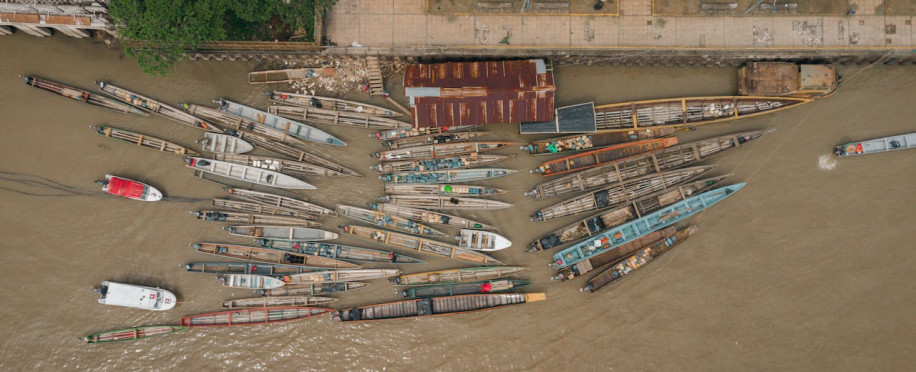Copyright © 2025 lmitac.com All Rights Reserved. Contact - Terms and Conditions - Privacy Policy - Quality Policy - Become an instructor - Vacancies - Sitemap
London Maritime Academy is a trade name for London Premier Groupversion: 2.9.0
London Maritime Academy is a trade name for London Premier Group

Posted on : 11/23/2023, 12:43:49 PM
When you watch over the sea and look at ships sailing away into the distance, have you ever thought about what happens when a boat breaks down? Well, we know of one ship that did break down! The Titanic, that didn't go well!
Fortunately, only some ships come to the same end as Titanic since shipping recycling is considered an ecological way of retiring the big sea giants.
Let's get to know what ship recycling is together and how it contributes to the sustainability of vessels.
Ship recycling is the term for breaking down or deconstructing a vessel and recycling its elements as primary commodities. This operation is popularly known as ship demolition or shipbreaking, in which all superstructures and machinery are stripped from the vessel completely.
Therefore, when one has a boat which is nearing its expiry, he or she is left with only one of two decisions: either have it sunk and turned into an environmental landmark (an artificial reef) to supply marine life with more possible habitats, or they can have it broken down to pieces and used in another industry to reduce the amount of waste created by vessels.
Let's start the ship recycling journey together. The initial step of every ship dismantling operation involves disposing of all hazardous products from the vessel.
Building on that, what happens in this step is crucial: initially, fuel tanks are emptied while all oils and other contaminants spilt are collected to keep them out of the sea. Also, the workers scraped every bit of paint on the walls to eliminate anything that might have been left during the earlier painting stage.
Then, our next step will be cutting the ship into sections using big hydro-cutting machines, which we scrape and clean yards of the ship's surface. After that, shipowners transport these components to a processing plant, turning them into iron ores, steel or aluminium.
The last step is using these materials in other industries, leading to less environmental harm and making this process green and sustainable.
Over the past few years, many regulations and legal standards have been implemented to support sustainable ship disposal. One was the Hong Kong Convention of IMO, which stipulated a global standard policy compliant facilities should possess to avoid potential dangers.
For example, other bodies, such as SRTI have devised a voluntary disclosure framework for ranking recycle ship owners to promote openness and transparency.

When it comes to ship recycling, implementing effective strategies is crucial for the economic benefits it offers and the environmental sustainability it promotes. Ship recycling is not just about dismantling and disposing of ships but also managing resources and minimising environmental impact. Here are some strategies that should be implemented for sustainable ship recycling:
One of the key strategies is that ship recycling must comply with internationally accepted standards. Organisations such as IMO have devised a list of guidelines that should be followed for safe and environment-friendly ship recycling. When national companies are committed to these rules, it ensures safe and sustainable development for ships.
Recycling ships is an inherently risky undertaking and should always be done most safely for the well-being of crew members.
Employees and labour workers on ships should understand the risks of ship recycling and must have a level of training performed by experts in maritime professional training.
Moreover, equipment is important. That's why offering safety gear and ensuring safety measures are properly conducted in the workplace are imperative for avoiding injuries and reducing occupational hazards.
Ship recycling produces massive quantities of waste materials, requiring proper handling. These hazardous materials, such as asbestos, PCBs and oil, should be recycled appropriately and dumped into designated areas so they will not be environmental pollutants.
Adopting modern technological approaches is one sure way of making environmentally friendly engineering and responsible ship recycling a reality. Sufficiently well-advanced practices of decommissioning, material decontamination, and waste treatment might ensure efficient resource utilisation and minimum environmental degradation.
Ship recycling comprises several players, including ship owners, shipyards, government bodies and non-governmental entities.
Coordinating with these stakeholders to ensure success in the process of putting in place recycling policies includes collaboration and communication.
In the end, ship recycling is a win-win situation for all. By implementing the process of recycling ships, we can minimise waste and also reduce our carbon footprint.